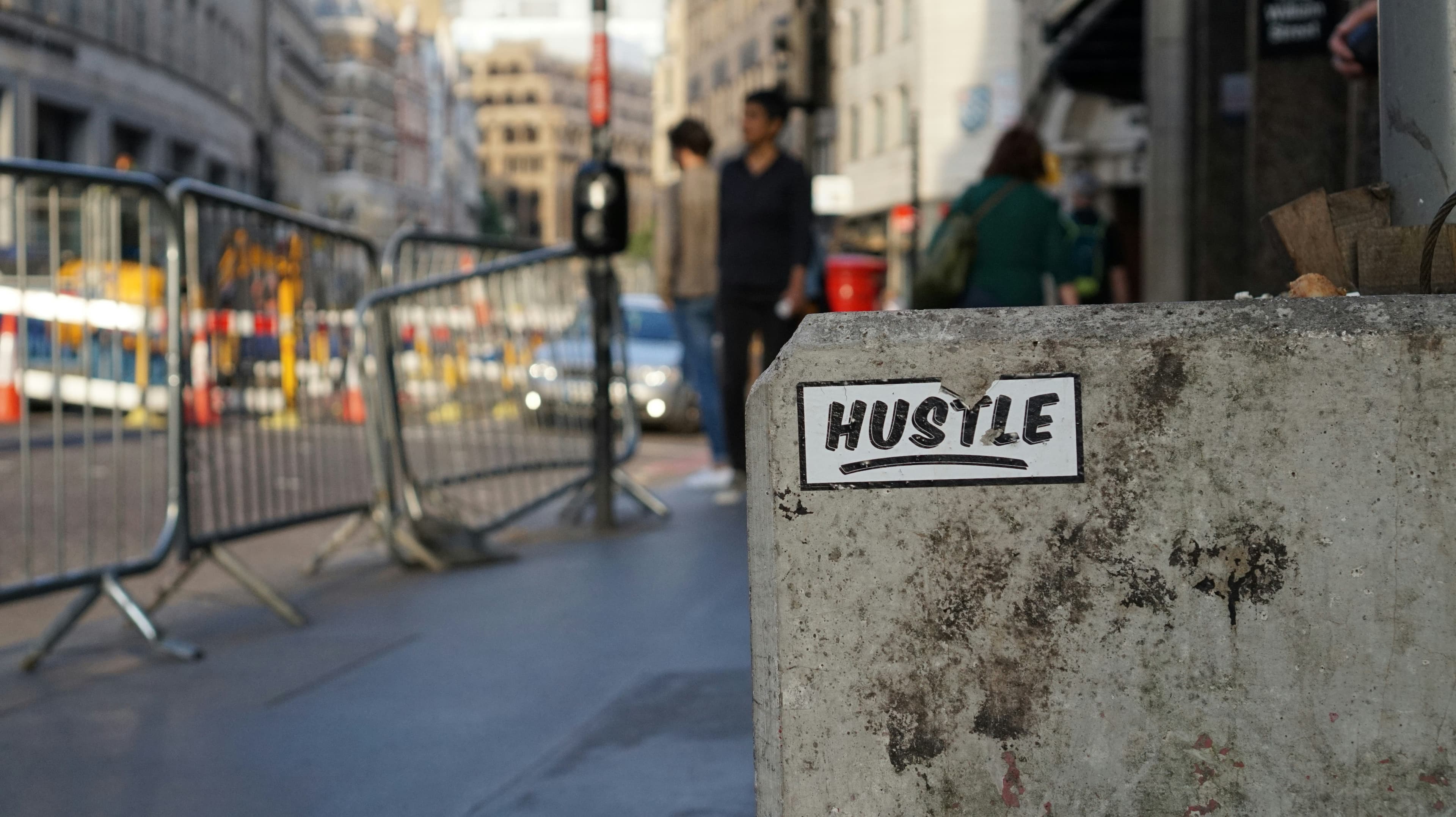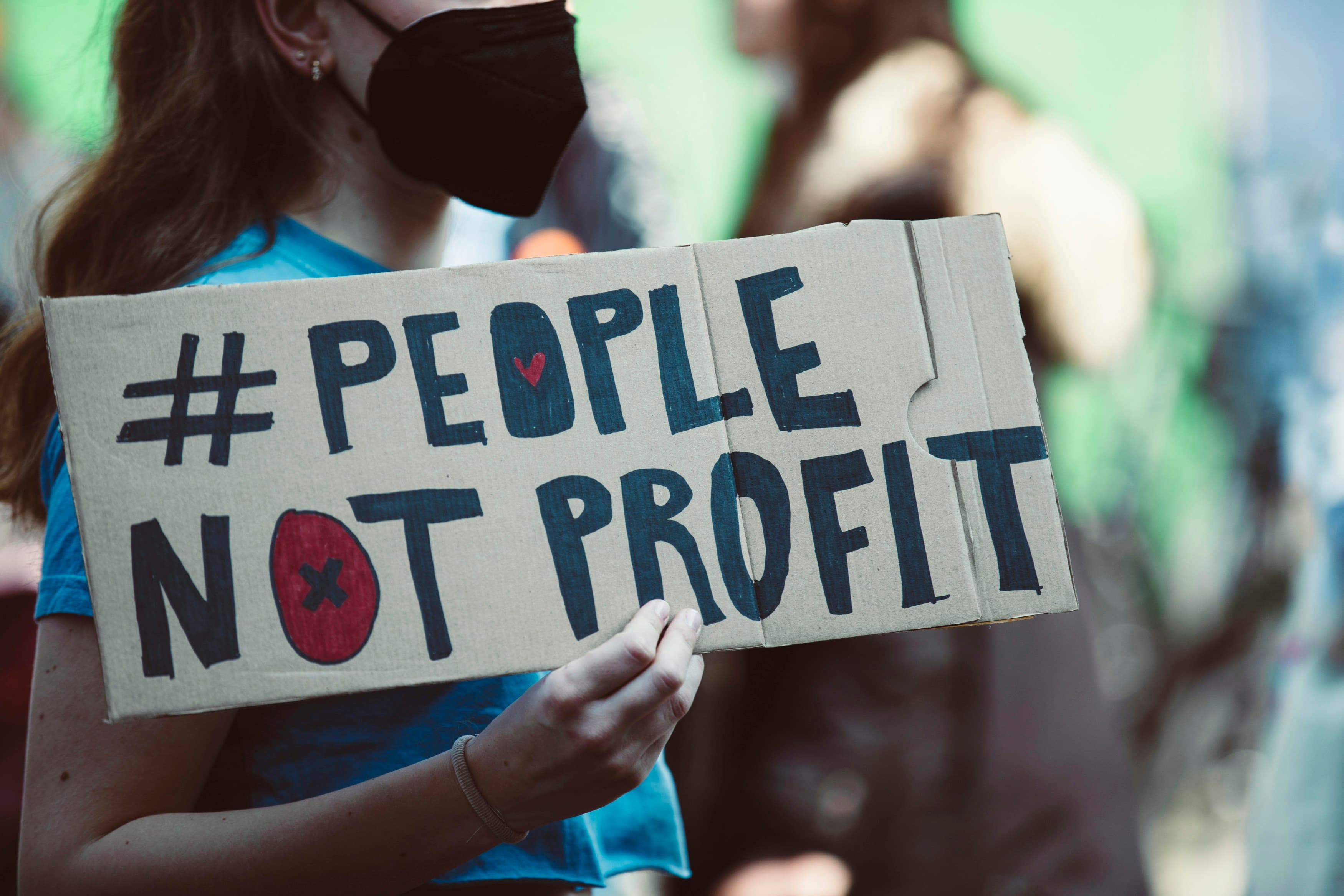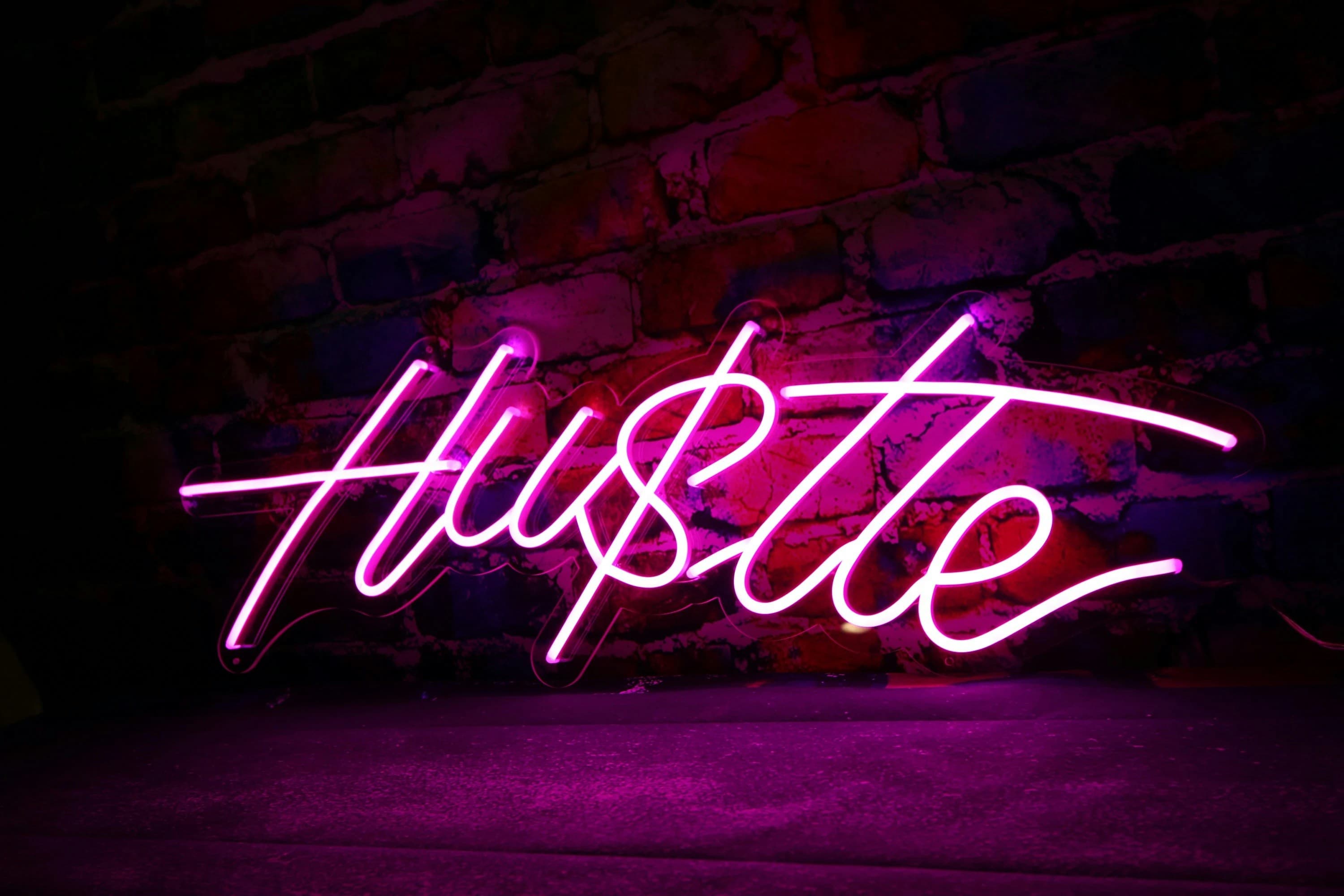Choosing Maximum Effort Over the Easy Shortcut

Every single day, you arrive at a crossroads. It’s not a dramatic intersection with flashing lights, but a quiet, subtle choice point you might miss if you’re not paying attention. Yet, what you decide right there profoundly shapes the satisfaction and happiness you find in life. It’s the difference between thriving and just getting by.
This choice presents itself in every task you undertake. Do you blast through it as quickly as possible, with the least amount of thought and effort required? Or do you give it your best, strategically using your time and focus to aim for the best possible outcome? In short, are you going to do the minimum required or the maximum possible?
These two approaches couldn’t be more different. One consistently leads to better results over time, while the other almost always ends in mediocrity. Why? Because life is a marathon, not a sprint. The success or struggle we experience is a direct result of the momentum we build through our daily decisions. Your actions create a current, and consistency determines whether that current carries you toward a better life or pulls you under.
Where You Invest Your Energy Matters Most
I was having lunch with Bob, one of the most financially successful people I’ve ever known. He’d built and sold several companies, creating a life of freedom that most people only dream about. I couldn’t help but admire what he’d accomplished.
“You must be incredibly proud of everything you’ve done,” I told him.
He paused, looked at me with a strange expression, and said, “Not really.”
I was confused. “How is that possible? You’ve built four huge companies and achieved a level of financial independence most can only imagine.”
“Well, Dave, there’s a lot you don’t know,” he said. “Did you know I have three kids?” I hadn’t. “While I was building those businesses, I worked insane hours. Sometimes I’d just sleep at the office. Eventually, my wife left me for a guy who wasn’t nearly as successful, but he was present. I wasn’t. My kids send me cards on birthdays and holidays, but we don’t really have a relationship. I just wasn’t there when they were growing up, and now they don’t really want me in their life. If I could do it all over again, I wouldn’t do it the same way.”
That conversation was 35 years ago, but it’s stuck with me ever since. It’s a powerful reminder of how we can pour all our energy into one thing that seems all-important, only to realize later that it wasn't. It’s the risk of letting a career or even a demanding become a that consumes everything else.
I once asked a mentor why so many high-achievers have disastrous personal lives. His answer was insightful. “Highly successful people are incredibly focused on their professional goals,” he explained. “They put in the time and do the work. But when they get home, they see it as their time off. They mentally check out to relax. What they don’t realize is that being disconnected sends a clear message to the people at home: you don’t matter as much.”
I immediately recognized myself in his words. I remembered coming home after a long week on the road, feeling completely drained. All I wanted was to collapse on the couch. But then my kids would run down the hall shouting, “Daddy’s home!” and my wife, Michelle, would suggest we go out for a family dinner. In my mind, that was the last thing I wanted. But in those moments, you have to consciously choose to apply your maximum effort where it truly counts. This is especially true when you're already drained from ; the temptation to coast is strong, but the cost is high.
The Mindset of Minimums vs. Maximums
Many people default to a minimums approach. For almost everything they do, they’re subconsciously asking, “What’s the least amount of effort I can put in here?” They think it’s smart to conserve energy, just in case something more important comes up. The problem with this mindset is that it always prioritizes the easy, fun, and instantly gratifying tasks over the important and impactful ones. It’s the thinking that fuels procrastination and the constant search for shortcuts. It builds negative momentum.
When you study people who achieve great things, you’ll find they’ve completely abandoned this way of thinking. They operate with a maximums mentality. They ask themselves, “What’s the most I can learn from this? How can I get the most out of this situation? What’s the biggest impact I can make?” They understand that this approach is what turns a simple into a venture that opens up new doors and connects them with people who can help them grow. Every significant accomplishment in history came from someone choosing to take a maximums approach, turning their efforts into a success story.
The One Decision That Defines Your Day
Billions of people wake up every day and just try to get through it. They complain, feel frustrated by things they can’t control, and then fall asleep to do it all over again. Life is a mix of joy and sadness, laughter and regret. But the ratio between them is entirely within your control.
The most important choice you can make happens the moment you get out of bed. It’s the decision of who you are going to be today. Will you strive to be your best in the things that matter, or will you just focus on getting through the day?
Just getting by is easier upfront, but it guarantees you won’t achieve great outcomes. Striving to be your best requires more energy, but you end every day stronger, smarter, and better prepared than you were before. String enough of those days together, and you build the kind of positive momentum that dramatically changes your life. It’s the only way to build a sustainable or a rewarding .
Most people want the rewards that come from being your best, but they only want to pay the price of getting by. It just doesn’t work that way. A requires dedication, and the same goes for your relationships. This is the truth behind any —it was built on consistent, maximum effort.
You stand at that crossroad right now. The choice will appear again and again in everything you do. Will you chase what’s easy and immediately satisfying? Or will you push yourself to do your best, even when it’s hard? Committing to a mentally—even while —is about making a conscious choice. If you willingly pay the price to get what you truly want, you’ll be forever grateful you did.








